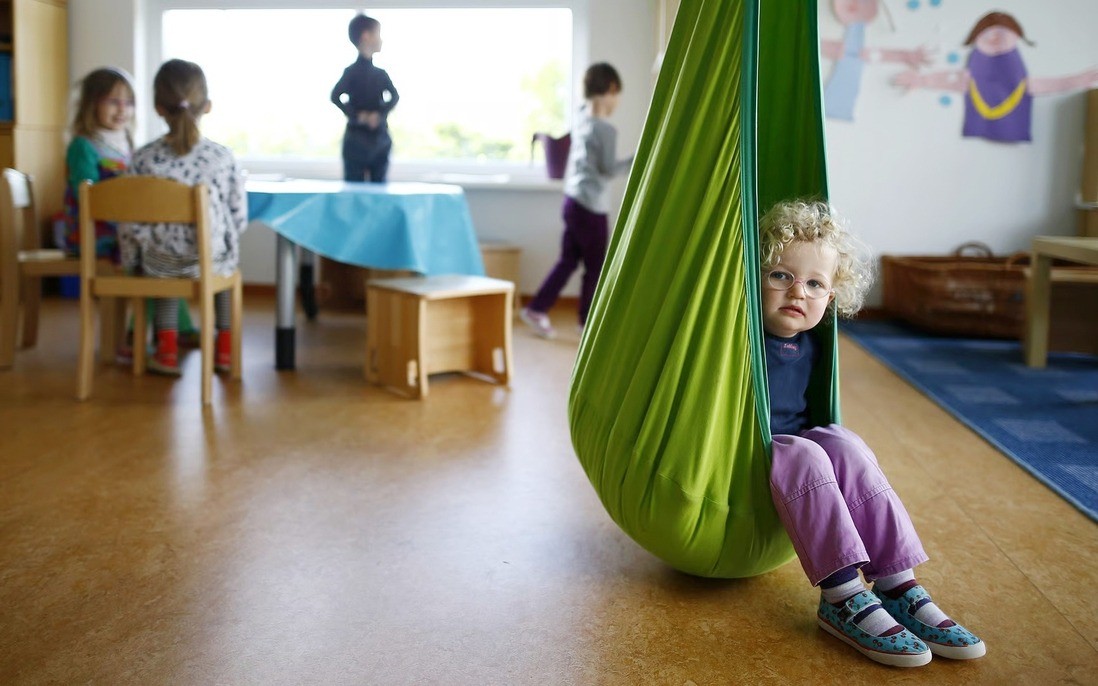
These are Sweden’s single-sex kindergartens, run by Lotta Rajalin, who shared photos of the play areas and posters described above in a recent Tedx talk. She also explained that at her school, children can participate in a wide range of activities and are encouraged to explore their full range of emotions. Girls are not forced to suppress anger and boys are not forced to swallow tears. All students are allowed to be as messy, neat, noisy or passive as they like.
"What we do in school is not to label children. We don't say, 'Frida, you are so beautiful, so sweet and so helpful,' or 'Mohammed is so wild and so strong.'
Teachers are also trained to avoid talking about boys or girls, and instead talk about people, children, friends . "Hen", a gender-neutral pronoun that is still rarely used, was first used in the 1960s but only entered the official dictionary two years ago, replacing "han" (he) and "hon" (she).

Such efforts may be paying off. In a small study published in the Journal of Experimental Child Psychology, researchers at Uppsala University in Sweden reported that children who attended a gender-neutral preschool were more likely to play with strangers of the opposite gender and less likely to be influenced by culturally imposed gender stereotypes than children who attended other preschools. Tests showed that children from gender-neutral preschools were as likely to categorize people by gender as other children, but did not make the same traditional associations with the concepts of “boys” and “girls.” For example, in a matching task, they were less likely to make choices that matched cultural norms when shown pictures of boys or girls and jeans or skirts.
Hen Kenward, a psychology researcher at Uppsala University and Oxford Brookes University and lead author of the paper, explained in an Uppsala press release: "The results suggest that while gender-neutral pedagogy may not in itself reduce children's tendency to use gender to categorize people, it does reduce their tendency to gender stereotypes and sexism, which may expand the opportunities available to them... Since children develop through play and interaction with peers, and many play activities (such as playing with blocks) promote traditionally gendered development, it can be assumed that this is likely to improve their development and future success."
Numerous studies have explored the ways in which gendered classroom assumptions harm both boys and girls equally. For example, in this study, the authors point out that just as boys, but not girls, are often encouraged to play with blocks, which help develop spatial skills, girls are expected to follow adult direction, a trait associated with better academic performance. Psychologists have also determined that when a teacher or student believes that most boys cannot sit still long enough to read, or may not have the self-discipline necessary to thrive in a structured environment, it seems to negatively affect boys’ grades.
Kenward admits that the Upssala study’s sample size was small. Single-sex kindergartens are rare, even in a country that is ranked as the fourth most gender-equal society in the world . The researchers interviewed 80 students aged 3 to 6; 30 attended the single-sex school and 50 attended two other typical kindergartens.
Previous research appears to support the study's conclusions. For example, in a paper published in the journal Child Development, children paid more attention to gender and were less likely to play with children of the opposite sex when their teachers tried to emphasize the differences between girls and boys.

In 1998, an amendment to Swedish education law required public schools at all levels to begin promoting gender-neutral policies and teaching styles. Since then, Rajalin has been a pioneer in adopting gender-neutral policies at the foundation of her kindergartens.
Despite the positive results, there is still debate in Swedish society. Some parents and experts worry that children may become “gender confused”. However, researchers stress that the goal is to expand behavioral choices and preferences, not to eliminate gender.
But for educators, removing arbitrary limits on what children can access and imagine is entirely controversial. Keeping children open to all that life has to offer is a core tenet of the preschool's pedagogical philosophy. "We don't take anything away," Rajalin says. "We just add more."
Source: https://baolaocai.vn/thuy-dien-giao-duc-mam-non-phi-gioi-tinh-de-tre-em-co-kha-nang-thanh-cong-hon-post882066.html







![[Photo] Prime Minister Pham Minh Chinh chairs the second meeting of the Steering Committee on private economic development.](https://vphoto.vietnam.vn/thumb/1200x675/vietnam/resource/IMAGE/2025/11/01/1762006716873_dsc-9145-jpg.webp)


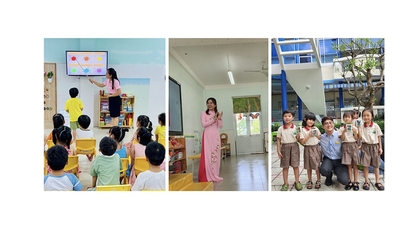





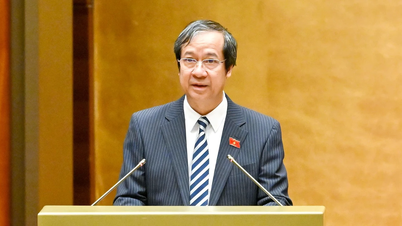
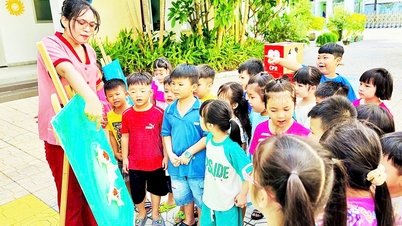






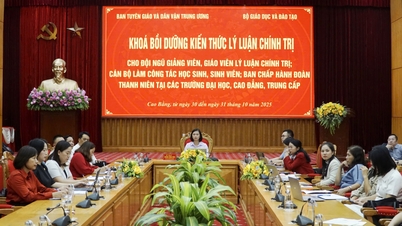

























































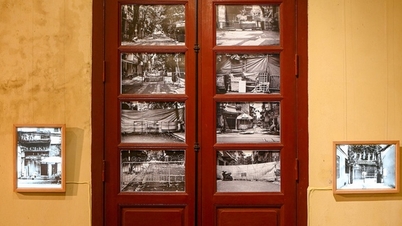



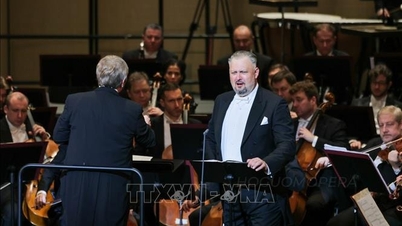



















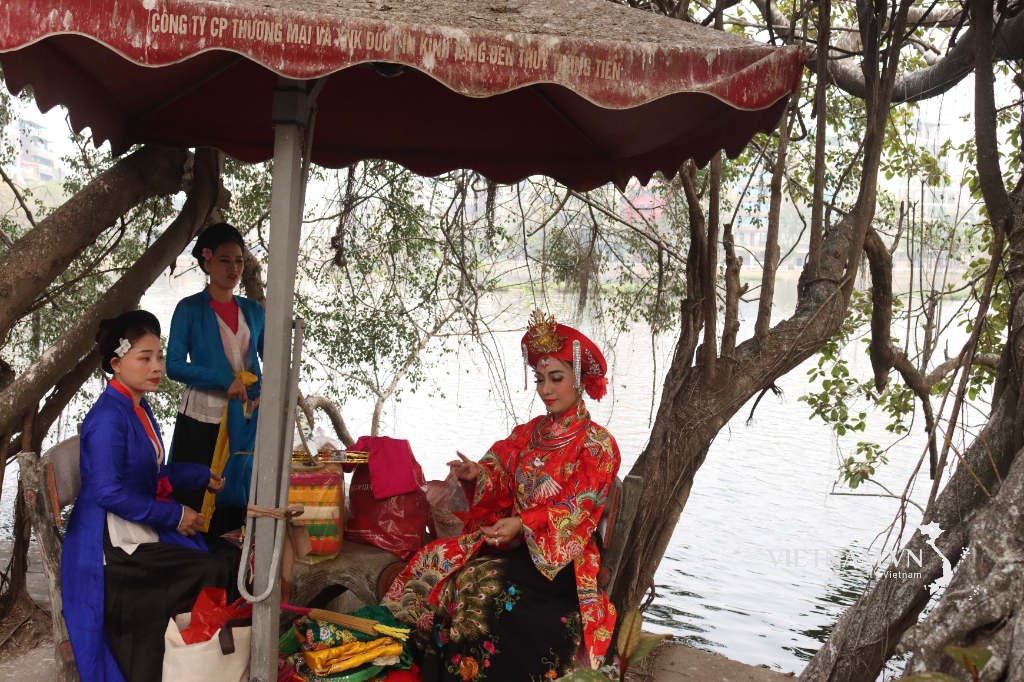



Comment (0)